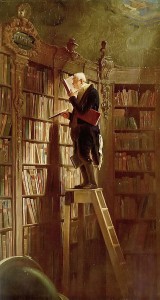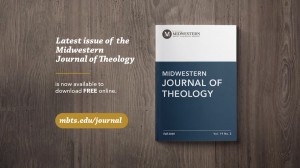I enjoyed reading The Ideal Bishop: Aquinas’s Commentaries on the Pastoral Epistles by Michael G Sirilla, and am working on a proper review to be posted at PastoralEpistles.com.
In this post, i simply want to point out part of Sirilla’s discussion about the manner and goal of biblical exposition as understood by key masters of the Medieval period. Sirilla writes:
“…the scriptural doctrine…must then be applied pastorally for spiritual growth through praedicatio, preaching, which was considered an integral task of exposition or academic biblical study. The duty of preaching has become somewhat foreign to contemporary academic theology; but it was an essential component that crowned and completed the work of the theologian in the thirteenth-century academy. Thus, the interpretation of divine revelation was both an academic and an ecclesial task directed toward a pastoral end for the good of souls.” (91)
“Aquinas and his contemporaries inherited this exegetical approach, and thus they sought to develop a systematic, theological understanding of the biblical text with the explicit purpose of preaching for the salvation of souls and the glory of God.” (92)
While I have my significant differences with Catholicism in general and Thomas in particular, this is an important point that needs to be reclaimed. Too much of modern biblical scholarship finds it inappropriate to include any sense of churchly application and concern for salvation or the good of souls. In that case, biblical study looses its central point and becomes much ado about very little.

